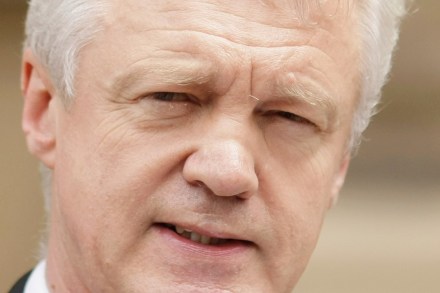The shadow cast by the Davis agenda
Some eye-caching comments from David Davis, speaking at the launch of the Convention on Modern Liberty earlier. Here’s how the Guardian reports them: “I talked to Chris Grayling the day he was appointed to make sure that he was signed up to the what I call Davis agenda, and he is – maybe not quite as passionate as I am but it would be insane to be as passionate as I am on this issue,” he said… …However, Davis said it was the justice secretary, rather than the home secretary who had the “most important role” on the issue of liberties, adding that shadow justice secretary, Dominic Grieve, was “brilliant”.

















